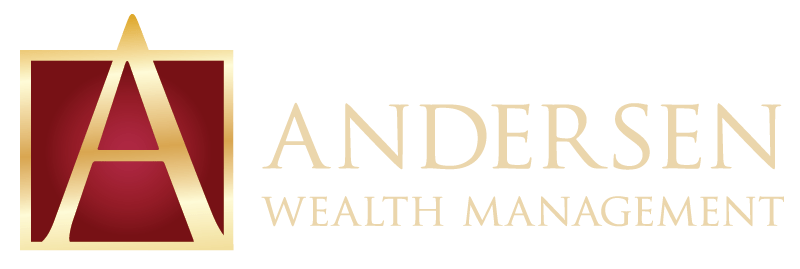Is a Roth Conversion the Right Move for You?

Learn More About this Savvy Way to Elevate Your Tax Strategy
If you’re looking for ways to boost your retirement savings, a Roth conversion may be a strategy worth considering. This move involves transferring money from a traditional IRA or 401(k) to a Roth IRA, where it can grow tax-free and be withdrawn tax-free in retirement. The appeal of a Roth conversion is that it gives you the power to decide how you’re going to pay taxes on the money you owe to the IRS. However, before deciding to do a Roth conversion, it’s important to understand all potential benefits and drawbacks, as well as the eligibility requirements. Read on to find out more about Roth conversions to determine if it may be the right move for you.
Roth Conversion: What is it?
A Roth conversion is the act of transferring funds from a traditional IRA or 401(k) to a Roth IRA. This process involves the funds being taxed as regular income in the year of the conversion, but once in the Roth IRA, they can appreciate without incurring taxes and may be withdrawn tax-free during retirement.
Benefits of a Roth Conversion
As previously stated, one of the key advantages of a Roth conversion is the potential for tax-free growth. By avoiding taxes, the funds in a Roth IRA can potentially grow at a faster rate than those in a traditional IRA. Additionally, because withdrawals from a Roth IRA are anticipated to be tax-free, a Roth conversion can assist you in managing your tax liability during retirement.
Another potential advantage of a Roth conversion is the opportunity to pass on tax-free assets to your heirs. Unlike traditional IRAs, Roth IRAs do not have required minimum distributions (RMDs) during your lifetime, allowing the funds to continue to grow tax-free and be inherited by your heirs tax-free.
SEE ALSO: Avoid These Financial Mistakes in Retirement
Disadvantages of a Roth Conversion
Even with all the benefits it brings, a Roth conversion still won’t be the right move for everyone. A significant drawback is the tax bill that comes attached to the conversion. At the time you convert your funds from your traditional IRA to a Roth IRA, you’ll be required to pay taxes on the amount converted at whatever your current income tax rate is. This could end up being a fairly large tax bill depending on your tax bracket and the size of your conversion.
Another disadvantage of a Roth conversion is that you run the risk of pushing yourself into a higher tax bracket, which could ultimately end up impacting your finances negatively in other areas. So, you’ll want to be sure that you’ve thought through all the consequences of a Roth conversion before making the move.
How to Know if You’re Eligible for a Roth Conversion
Even if you’ve weighed the pros and cons of a Roth conversion and determined it’s right for you, you may not be eligible. To be able to do a Roth conversion, you must have taxable compensation in the form of wages or some type of self-employment income, and there are also limits on your modified adjusted gross income (MAGI). However, you may be able to use a Backdoor Roth strategy if your income prevents you from eligibility for a Roth conversion.
SEE ALSO: A Strategy for Making the Most of Your Retirement Savings
Is a Roth Conversion Right for You?
As you begin to think about whether a Roth conversion is right for you, here are some of the factors you’ll want to consider:
- Tax Brackets. You’ll want to be aware of both the tax bracket you’re in currently and the tax bracket you expect to be in during retirement. If you’re currently in a higher tax bracket, then a Roth conversion may not be the best move as you’ll run the risk of being pushed even higher. However, if you’re expecting to be in a higher tax bracket come retirement, then doing a Roth conversion now could save you money down the road.
- Time Horizon. If you’re younger and retirement is further down the road, that means you have a lot of time ahead of you when your money could grow tax-free in a Roth IRA.
- Current Financial Situation. If you go through with a Roth conversion right now, do you have enough money to pay the taxes you’ll incur?
Concluding Thoughts on Roth Conversions
The process of a Roth conversion can serve as a potent mechanism for optimizing tax-efficient retirement savings; however, it may not be suitable for everyone. Prior to committing to a Roth conversion, it is crucial to evaluate the potential advantages and disadvantages in light of your individual financial circumstances. Seeking guidance from a financial expert or tax professional can aid in making an informed decision and constructing a customized strategy that aligns with your retirement objectives.
At Andersen Wealth Management, our team of financial advisors has extensive experience helping clients make informed decisions about their retirement finances. We can help you assess the potential benefits and drawbacks of a Roth conversion and create a customized strategy that aligns with your long-term goals. Contact us today to schedule a consultation and take the first step toward a secure and fulfilling retirement.
